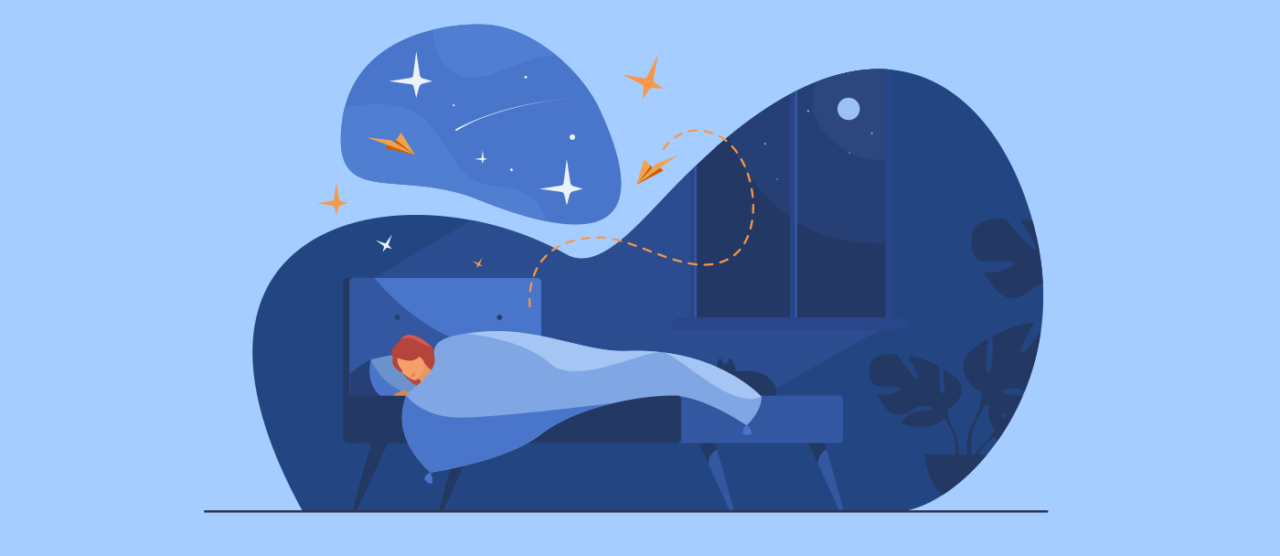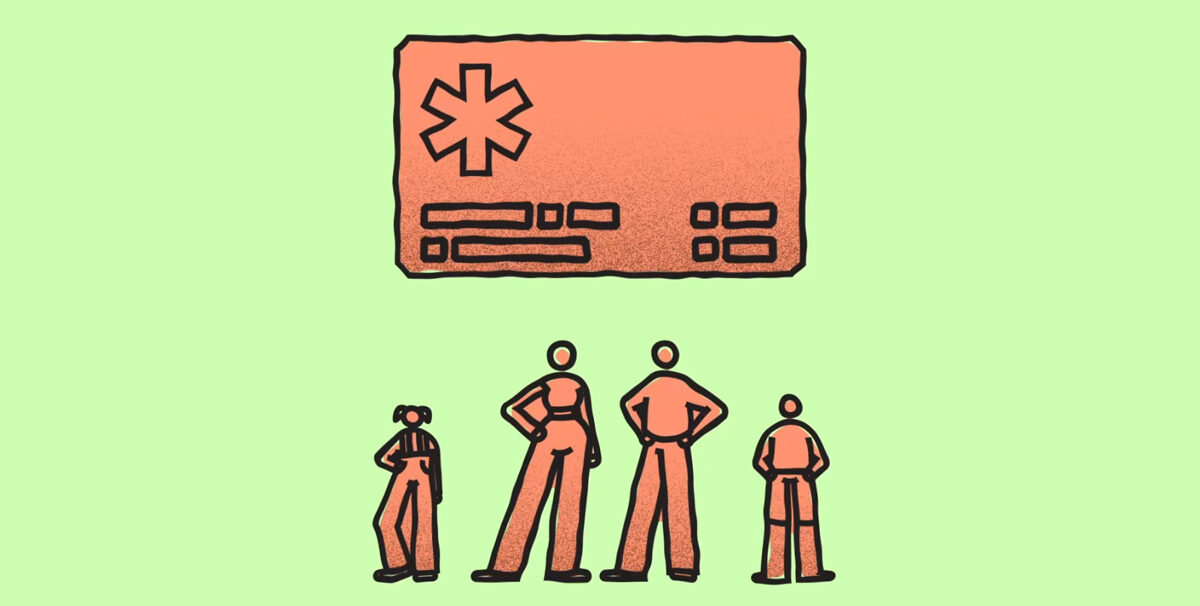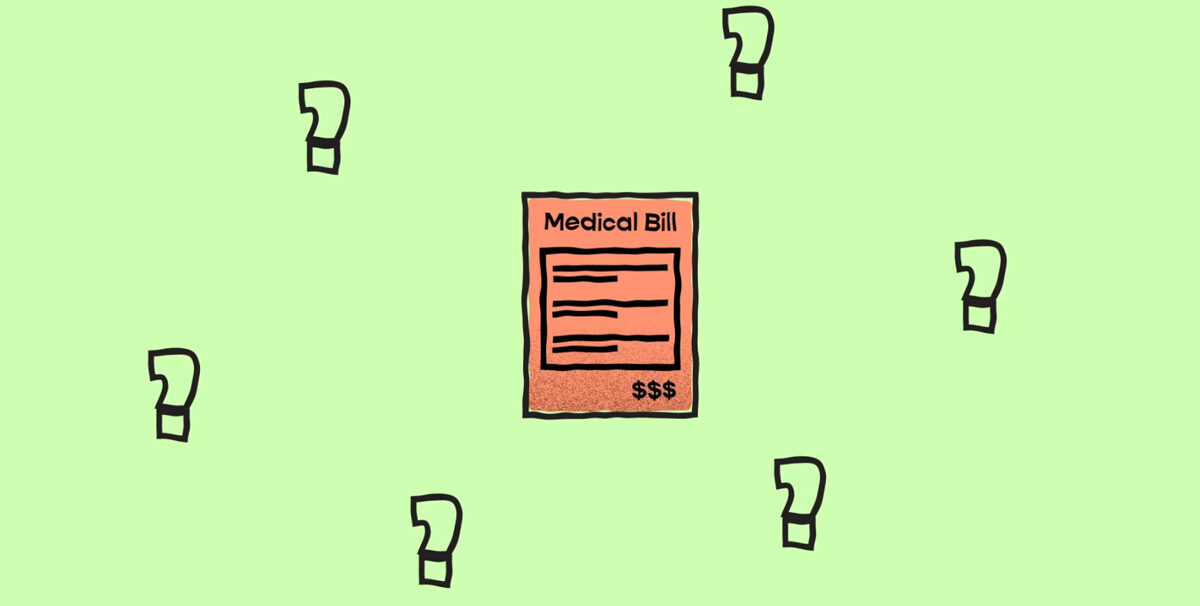Did you know that 1 in 3 American adults do not get the recommended seven to eight hours of sleep? While this might not seem problematic, consistently failing to get enough sleep can put you at risk of significant health problems. In fact, not getting enough sleep is linked to a variety of chronic conditions like Type 2 diabetes, heart disease, depression, and obesity.
Moreover, failing to regularly get enough sleep can lead to food cravings and weight gain, moodiness, chronic fatigue, which can increase the risk of productivity issues at work and distracted driving crashes. To determine your sleep quality, evaluate if you are waking up multiple times throughout the night, if you wake up feeling unrested (even if you slept for seven hours) or if you experience breathing problems while you are sleeping. While your sleep quality may be improved by implementing better sleep habits, symptoms of poor sleep quality may be attributed to a sleep disorder that you should see your doctor to discuss treatment options.
Benefits of getting enough sleep include increased productivity and work performance, decreased weight gain and improved mental health.
Take action each week:
The Importance of Sleep
Did you know that 1 in 3 American adults don’t get the recommended seven hours of sleep? While this might not seem problematic, consistently failing to get enough sleep can put you at risk of significant health problems. In fact, not getting enough sleep is linked to a variety of chronic conditions like Type 2 diabetes, heart disease, depression and obesity. Moreover, failing to regularly get enough sleep can lead to chronic fatigue, which can increase the risk of productivity issues at work and distracted driving crashes.
How Much Sleep Is Enough?
According to the Centers for Disease Control and Prevention (CDC), adults ages 18 and older should get seven hours or more of sleep per night. The CDC also stresses that all sleep isn’t created equal, and that good sleep quality is essential to your health and well-being.
To determine your sleep quality, evaluate if you’re waking up multiple times throughout the night, if you wake up feeling unrested (even if you slept for seven hours) or if you experience breathing problems while you’re sleeping. While your sleep quality may be improved by implementing better sleep habits, symptoms of poor sleep quality may be attributed to a sleep disorder that you should see your doctor to discuss treatment options.
Benefits of Getting Enough Sleep
Sleep is essential for maintaining a healthy, productive and low-stress lifestyle. Here are just a few benefits of getting a good night’s sleep:
- Increased productivity and work performance—Giving your body enough time to go through all the sleep stages is necessary for energy, muscle repair, improved memory, and the release or regulation of important hormones that are essential for everyday functions within the body.
- Decreased weight gain—According to the National Sleep Foundation, not allowing your body enough time for rest and regulation can lead to an increased appetite. The particular hormones that give you the feeling of being full or hungry can become irregular, which may cause increased feelings of hunger that lead to weight gain.
- Improved mental health—Getting enough sleep can help alleviate feelings of fatigue that may contribute to stress, depression and anxiety. Symptoms of fatigue can be drowsiness, loss of energy and even mood swings.
Tips for Improving Your Sleep Habits
If you’re experiencing trouble getting enough sleep every night, the following five tips may help you get a better night’s sleep:
- Eat nutritiously. Good eating habits can help you sleep better and feel energized all day. Also, avoid big meals right before going to bed.
- Exercise regularly. This also helps your sleep quality and daytime energy level. Just be sure to avoid vigorous exercise close to bedtime.
- Avoid stimulants like caffeine before bed. Stimulants like caffeine and nicotine promote alertness, which can make it difficult for you to fall and stay asleep, so it’s important to avoid them for three to four hours before bed.
- Stick to a schedule, even on the weekends. Try to go to bed and wake up at the same time each day to keep your body on a consistent schedule.
- Put the electronics away. Blue-light emitting electronic devices can prohibit you from getting a good night’s sleep. To reduce the effects of these sleep-stealing devices, refrain from using them for at least an hour before bed.
For More Information
Getting at least seven hours of sleep every night will help keep costly chronic conditions at bay and combat fatigue. For more information on how to improve your sleep habits or to address sleep issues, contact your doctor today.
Sleep and Electronic Devices
The personal electronic devices that help make your daily life easier may be doing the opposite in regard to your nightly sleep habits. If you’re having a hard time falling and staying asleep, devices like your cellphone, TV and tablet may be to blame.
The Negative Effects
Researchers at Harvard identified three main ways that using your phone, or any electronic device, before going to bed can derail your sleep schedule:
- Melatonin suppression—The Harvard study revealed that those who used electronic devices before going to sleep had lower levels of the sleep-regulating hormone, melatonin. That’s because the blue light emitted by electronic devices suppresses the production of melatonin, which controls your circadian rhythm—your body’s natural sleep and wake clock.
- Later sleep onset— The study also found that the amount of time it took to fall asleep was longer for those who used electronic devices than for those who didn’t. If you’re mindlessly scrolling through social media sites instead of reading a book or meditating, it’s more likely that you’ll have a harder time falling asleep.
- Reduced REM sleep—Research shows that electronic device usage before bed results in a reduced amount of rapid eye movement (REM) sleep cycles. REM sleep is a vital component of our sleep patterns.
What Can You Do?
To prevent the harmful effects of electronic devices, there are a few steps that you can take, including:
- Check your device’s settings for a “nighttime” mode, which adjusts the screen lighting to promote sleep.
- Refrain from using your phone for at least an hour before bed.
- Set your device’s sound settings to “silent” so you won’t be woken by texts or emails while you’re trying to sleep.
- Try reading a book or meditating to relax before bed instead of using your phone or watching TV.
For more information on sleep-promoting activities, contact your doctor today.
The Impact of Sleep on Mental Health
Not only is your physical health affected when you don’t get enough sleep, but it also takes a toll on your mental health. In fact, mental health and sleep are so closely related that a lack of sleep can often lead to issues such as anxiety or depression.
Unfortunately, studies consistently show that Americans struggle to get a good night’s sleep. According to the Institute of Medicine, insomnia—a common sleep disorder that causes one to have trouble falling or staying asleep—occurs in 30 million Americans.
This article explores the relationship between sleep and mental health and provides tips for getting a better night’s sleep.
Side Effects of Lack of Sleep
According to the American Academy of Sleep Medicine, you should get at least seven to eight hours of sleep per night. Lack of sleep or poor quality sleep can increase the risk of mental health disorders.
According to a study published in Sleep Medicine, sleep disturbances were linked to higher levels of psychological distress. Further, sleep sharpens cognitive skills such as attention, learning and memory. As a result, inadequate sleep can impact a person’s ability to respond to minor stressors and events properly.
Notably, depression and anxiety are some of the most common mental health issues linked to lack of sleep. Depression is a depressed mood or loss of interest in activities, causing significant impairment in daily life.
According to the Anxiety and Depression Association of America, nearly 50% of people with depression are also diagnosed with an anxiety disorder. Anxiety refers to feelings of tension, worried thoughts and sometimes even physical changes such as increased blood pressure or heart rate. Generally, these or other types of symptoms are recurring with anxiety.
Tips For A Better Night’s Sleep
Sleep is important to your mental health and overall functioning. Consider the following tips for better sleep:
- Keep a consistent sleep schedule.
- Set a bedtime.
- Only go to bed when you’re tired.
- Establish a bedtime routine.
- Make your bedroom quiet and relaxing.
- Limit exposure to bright light in the evenings.
- Turn off electronic devices at least 30 minutes before bedtime.
- Don’t eat a large meal before bedtime.
- Exercise regularly.
- Maintain a healthy diet.
- Avoid consuming caffeine in the afternoon or evening.
- Avoid consuming alcohol before bedtime.
- Reduce your fluid intake before bedtime.
Takeaway
Getting proper sleep is extremely important to improving and maintaining good mental health. For more information on how to improve your sleep habits or to address sleep issues, contact your doctor today.
Additionally, if you’re concerned about your mental health, talk to your doctor, a licensed mental health professional or contact the Substance Abuse and Mental Health Services Administration’s National Helpline by calling 800-662-HELP (4357).
Sleep Apnea
According to the National Sleep Foundation, more than 18 million Americans suffer from obstructive sleep apnea (OSA). Those who suffer from the condition start and stop breathing several times a night when their throat muscles relax and block their airways. OSA is the most frequently occurring form of sleep apnea compared to the far less common central sleep apnea, a condition in which the brain actually fails to signal muscles to breathe because of instability in the respiratory control center.
- Symptoms of OSA
- Excessive sleepiness during the daytime (known as hypersomnia)
- Loud snoring
- Observed episodes of stopped breathing during sleep
- Abrupt awakenings while sleeping accompanied by a shortness of breath
- Waking with a sore throat and/or dry mouth
- Morning headaches
- Trouble staying asleep (known as insomnia)
Causes
OSA occurs when the muscles that support soft tissue in the throat relax. This causes the airway to narrow and close, and breathing is then restricted for approximately 10 to 20 seconds. This can lower the level of oxygen in the blood.
When the brain senses an inability to breathe, it briefly rouses you from your sleep so your airway can reopen. Often, this episode is not memorable because it only lasts for a brief moment.
Risks for Developing OSA
OSA can affect anyone, but certain people may be at a higher risk, such as:
- Overweight individuals – Fat deposits around the upper airway can obstruct breathing.
- Those with a thick neck circumference – A neck greater than 17 inches may narrow the airway in the throat.
- Those with high blood pressure
- Those with narrow airways or enlarged tonsils or adenoids
- Sufferers of chronic nasal congestion
- Diabetics
- Males African Americans, Hispanics and Pacific Islanders
- Those older than 65 years of age
- Women who are menopausal or postmenopausal
- Those with a family history of sleep apnea
- Those using alcohol, sedatives or tranquilizers
- Smokers
Contact a Doctor
If you experience any of the following symptoms or your partner notices any of the following behaviors, consult your physician: Disturbing and loud snoring Shortness of breath that disturbs your sleep Intermittent pauses in breathing during sleep Excessive drowsiness during waking hours Snoring that is intermittent with periods of silence
Snoring that is loudest when sleeping on your back and decreases when you roll to your side
Diagnosing OSA
After contacting your doctor about your sleep problems, he or she may make an evaluation based on your symptoms and will likely refer you to a sleep clinic. Once there, a sleep specialist will determine the next course of action, such as overnight monitoring. Your doctor may also refer you to an ear, nose and throat specialist (otolaryngologist) who can check for a blockage in the nose and throat. This problem can also cause sleep apnea.
Complications
OSA is not an isolated condition; it can lead to the far more serious health problems such as:
- Cardiovascular problems–Sudden drops in oxygen in the blood increase blood pressure, which puts a strain on the cardiovascular system. This heightens the risk of heart failure and stroke. If sufferers already have heart disease, frequent low blood oxygen levels can lead to sudden death from a heart attack.
- Daytime fatigue–Sufferers may experience extreme fatigue during waking hours. This can lead to concentration problems while at work, driving or taking care of children.
- Complications during surgery and while taking some medications–Sufferers are more likely to have complications during surgery because they already have breathing difficulties, especially while lying on their backs.
- Memory problems
- Extreme headaches
Treatment Options
For those who suffer from moderate to severe OSA, doctors may recommend wearing a nasal continuous positive airway pressure (CPAP) device. These machines are placed over the nose and deliver just enough air pressure to keep the upper airway passage open, which prevents apnea and snoring.
For mild OSA sufferers, doctors may recommend simple lifestyle changes, such as the following:
- Losing weight
- Avoiding alcohol and medications (tranquilizers and sleeping pills)
- Sleeping on your side or stomach rather than your back
- Using a nasal spray to keep your nasal passages open
If symptoms worsen, surgery may be necessary to correct the problem.





